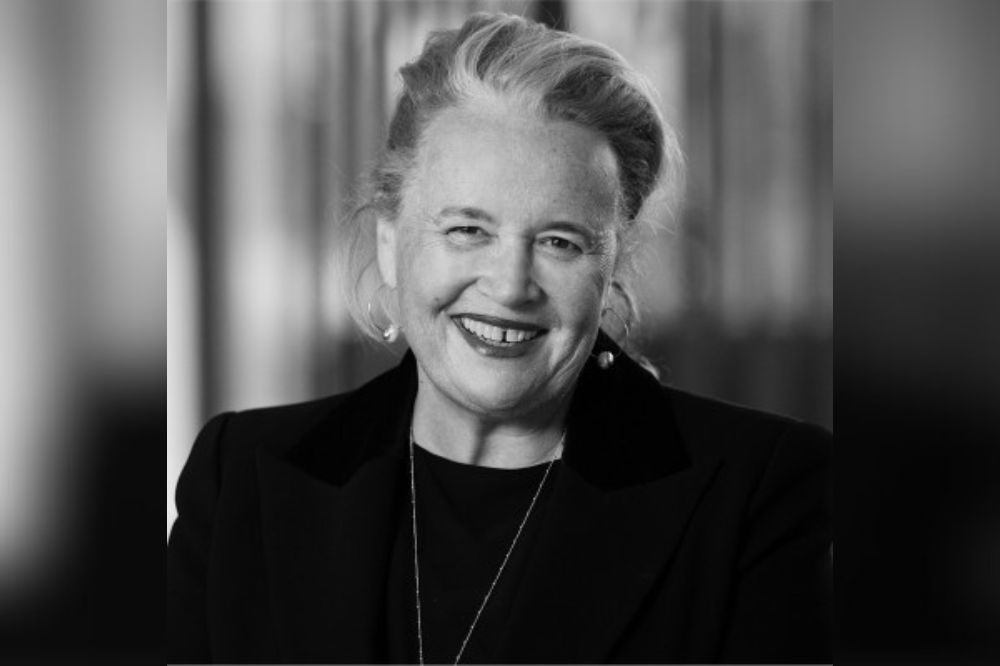

Last week, Catholic Church Insurance (CCI), after years of sexual abuse claims costing many millions of dollars, announced it would stop issuing new policies and voluntarily enter run off. In May, The Guardian reported that in response to insurer exits from the market, State governments are giving tax-granted indemnities to church bodies for child abuse claims.
“I think coverage is not impossible to find but it needs to be carefully managed, these are significant risks,” said Gillian Davidson (pictured below), a senior commercial insurance partner with Sparke Helmore Lawyers.
She said insurance that covers sexual molestation is still available. However, Davidson said coverages would be expensive and contingent on an organisation’s history, its exposure to these risks and what risk management is in place to prevent sexual abuse from taking place.
One of Davidson’s insurance law specialty areas is the abuse space. She predominantly works with Protestant institutions, including Anglican churches and schools, but also advises insurers working with Catholic organisations.

“I act for a lot of not for profits, faith-based organisations and I advise insurers on legacy claims,” she said.
Davidson said sexual abuse claims are “a very difficult and sensitive area.” She said her work includes sitting on boards to advise institutions on how to best respond to and support survivors.
In response to the high costs of this coverage and the risks associated with some activities, she said some organisations have stopped carrying out services like home care and foster care.
Davidson said these risk management and insurance issues are likely to lead to the insurance stakeholders in the abuse space dealing with challenges like longtail asbestos and silicosis claims.
“I think insurers will increasingly, as they did with asbestos claims and these other complex longtail claims, quarantine them from their main business,” she said. “They’ll either put them into runoff or they’ll allocate appropriate allowances for it and then they’ll quarantine it from their day to day business.”
Davidson gave insights into how she advises faith-based organisations and other institutions who are facing abuse claims.
“The balance, on the one hand, is to ensure that you adopt a trauma informed approach to respond appropriately to the survivors,” she said.
Davidson said the other side of the issue is recognising that many of these community and faith-based organisations have an important role to play in the community and have made important contributions to society.
“So ensuring that they’re sustainable, if they are able to be, and that they’re able to continue with their contribution is the other balance,” she said.
The first step, said Davidson, is ensuring the organisation has enough available funds to pay their abuse claims.
“Then, to make sure that they’re safe places and trustworthy places for the future,” she said. “So that’s about creating good policies and education and sometimes it’s about creating schemes where people can come and seek to make a claim in a way that is not adversarial and resolves the loss that they have sustained.”
Insurance Business asked Davidson if it’s likely that most religious institutions in Australia are currently facing sexual molestation claims?
Davidson referred to the Royal Commission into Institutional Responses to Child Sexual Abuse, announced by the government in 2012 and that delivered a final report in 2017. She said all the religious organisations touched by these issues have acknowledged them.
“I think it’s fair to say that the lid has been lifted off and it’s apparent where those historical issues lay,” she said. “My observation is that religious organisations have acknowledged those [abuse issues], they’re dealing with them and they’ve put in place good processes, as best as possible, to manage that.”
On May 30, CCI, a firm that describes itself as “Australia’s oldest insurer,” announced it had entered run off and started winding down operations.
“CCI will cease writing new insurance business and renewing policies except in limited circumstances,” said the APRA media release.
The insurer’s decision, according to a media release, followed discussions with shareholders about closing new and renewal general insurance business unless there was a “significant injection of additional capital.”
The Australian newspaper reported that shareholders were considering whether to provide another capital injection to CCI after previously providing $170 million to help cover sexual abuse claims costs.
How do you see the difficult and sensitive risk management and insurance issues in the sexual abuse space? Please tell us below
